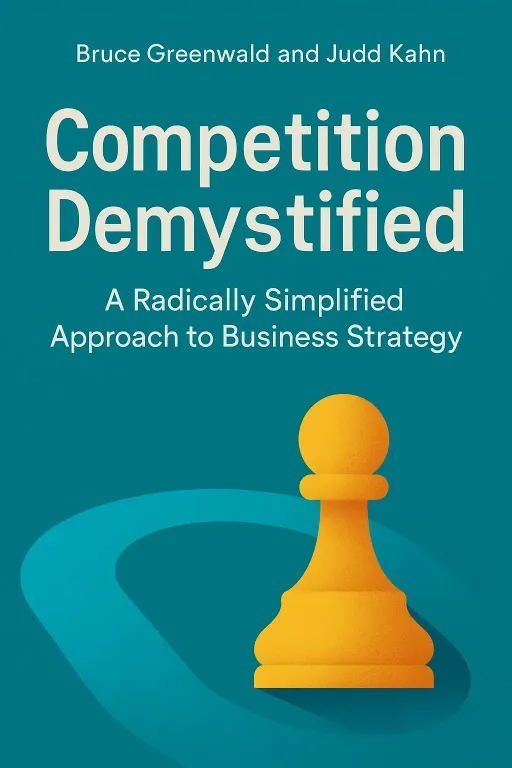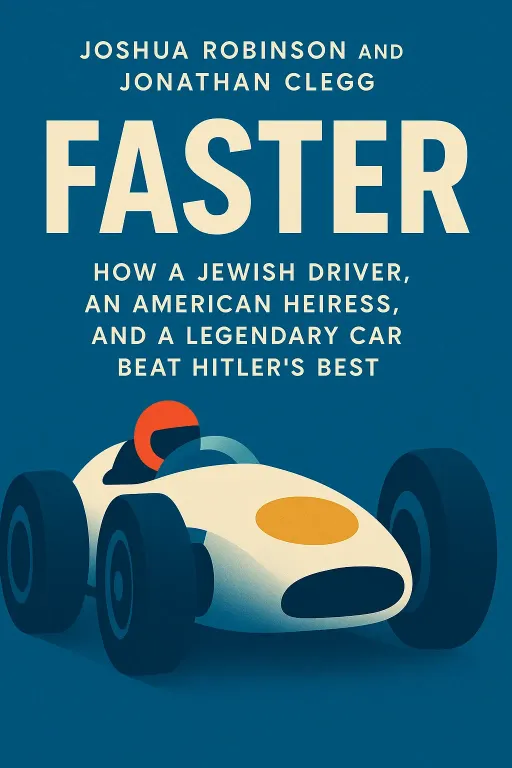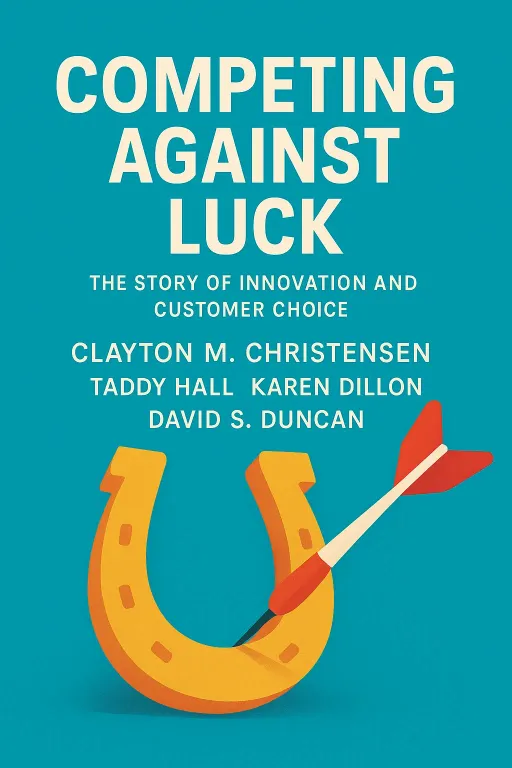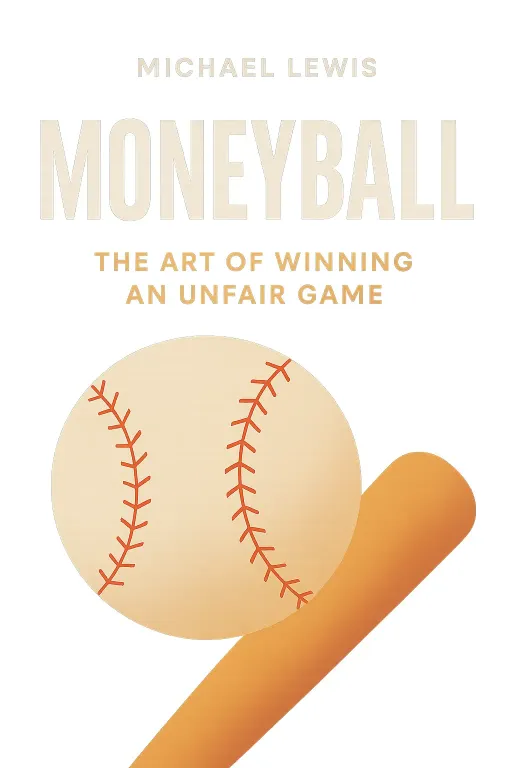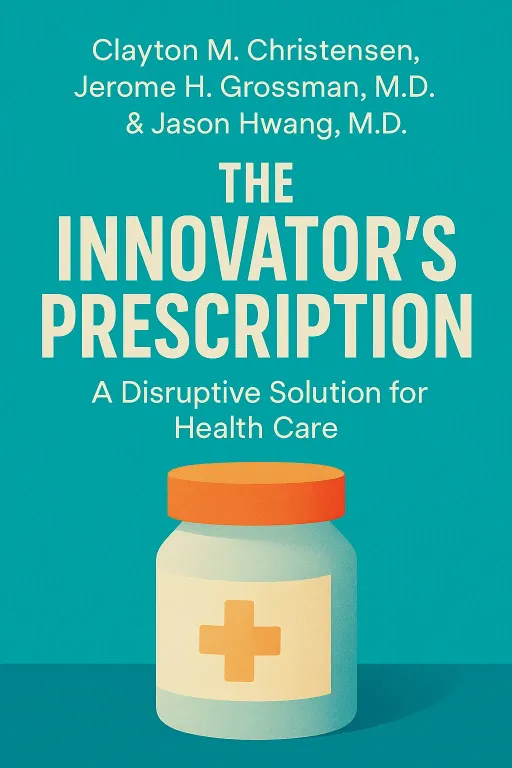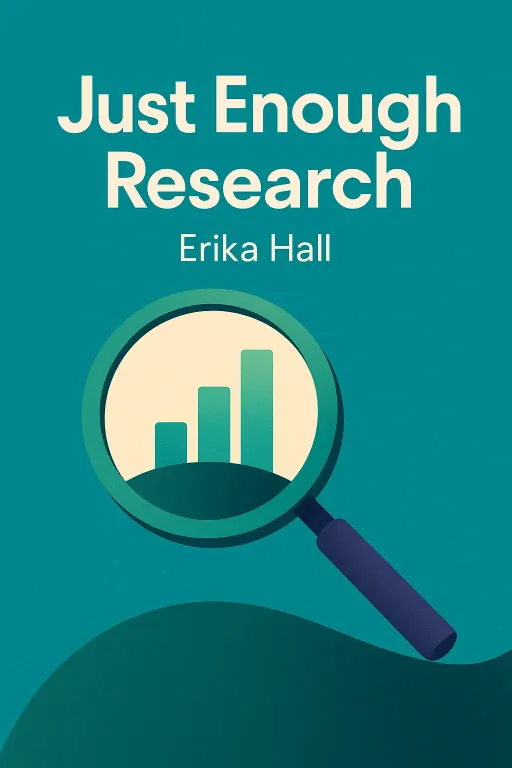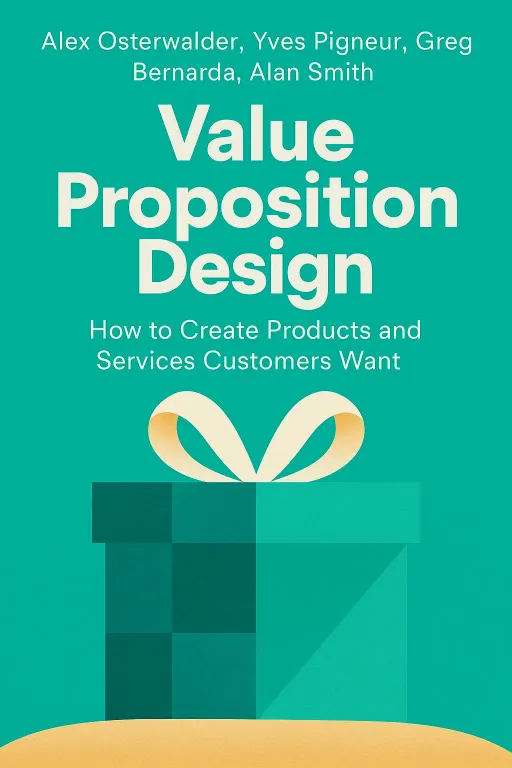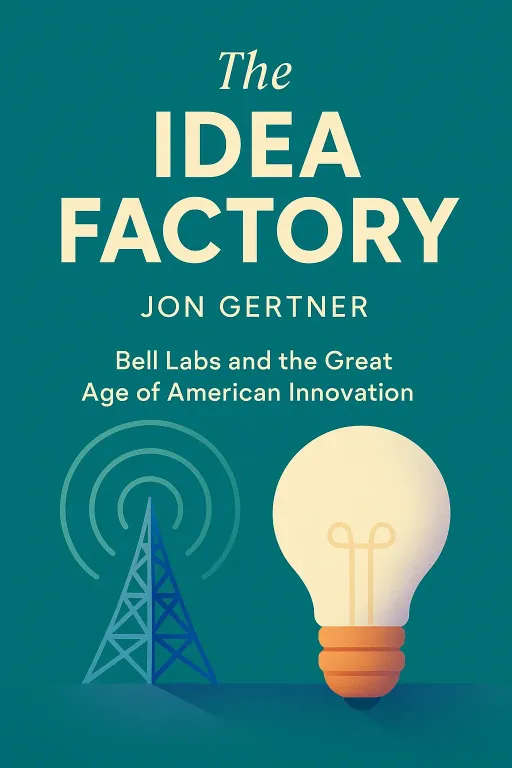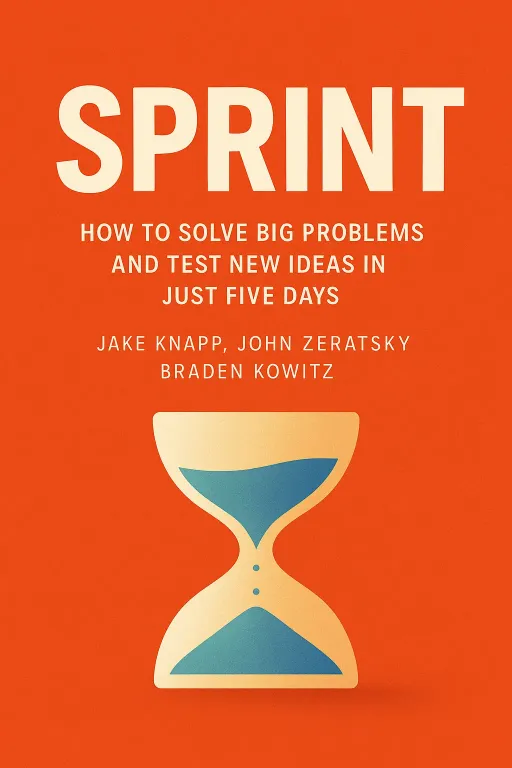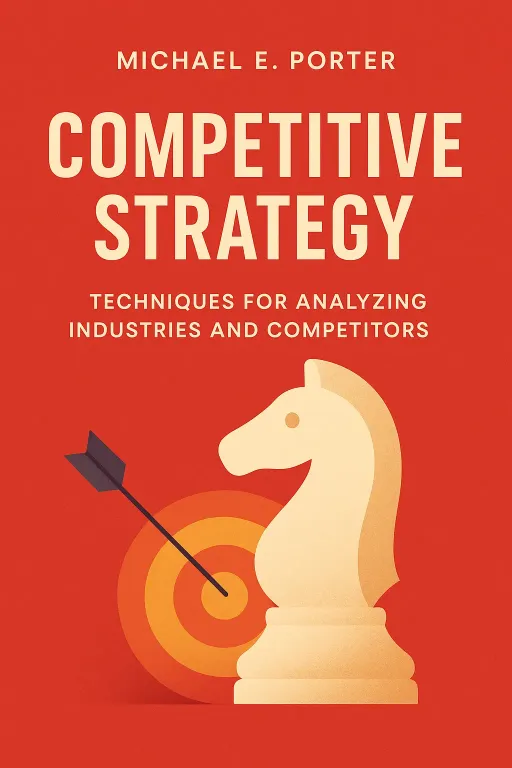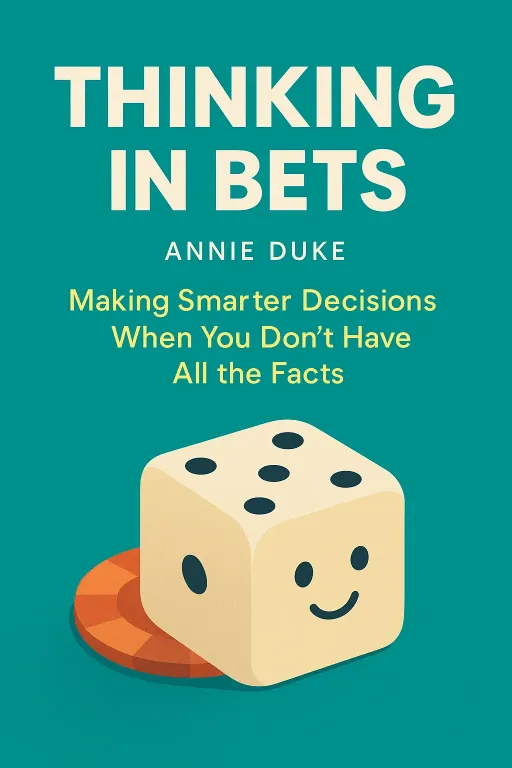
Thinking in Bets
11 minMaking Smarter Decisions When You Don't Have All the Facts
Introduction
Narrator: It’s Super Bowl XLIX. The Seattle Seahawks are on the one-yard line, just seconds away from victory against the New England Patriots. They have Marshawn Lynch, one of the most powerful running backs in the league, ready to punch the ball into the end zone. The world watches, expecting the obvious play. But then, coach Pete Carroll makes a different call—a pass. The ball is intercepted. The game is lost. In an instant, Carroll’s decision is branded the worst play call in sports history. But was it? What if the pass had been caught? He would have been hailed as a genius. This single moment reveals a deep-seated flaw in how we judge decisions: we fuse the quality of the choice with the quality of the outcome.
In her book, Thinking in Bets, former professional poker player and cognitive psychologist Annie Duke dismantles this flawed thinking. She argues that life is not like chess, a game of perfect information, but like poker—a game of uncertainty, incomplete information, and luck. To make better decisions, we must learn to separate our choices from their results and start thinking in bets.
Life is Poker, Not Chess
Key Insight 1
Narrator: The most common error in judgment is a habit called "resulting"—equating a decision's quality with its outcome. The global condemnation of Pete Carroll’s Super Bowl call is a classic example. Because the pass resulted in an interception, the decision was deemed terrible. However, a good decision can have a bad outcome, and a bad decision can get lucky. Life, much like poker, is a constant dance between skill and luck.
Duke explains that our brains crave certainty and order. We want to believe that good things happen because of good choices and bad things happen because of bad ones. This makes us uncomfortable with the role of randomness. Chess is a comforting model because it has no hidden information and almost no luck. The better player almost always wins. But life isn't like that. In business, relationships, and health, we are forced to make high-stakes decisions with incomplete information, just like in a poker game.
A poker player can play a hand perfectly based on the probabilities and still lose to a lucky draw from their opponent. A great CEO can make a strategically sound decision to fire an underperforming president, only to see the company struggle afterward due to unforeseen market shifts. In both cases, the process was sound, but the outcome was poor. To improve, one must learn to analyze the decision-making process itself, independent of the result. Embracing the uncertainty and admitting "I'm not sure" is the first step toward thinking more clearly and letting go of the anguish that comes from a bad result.
Our Beliefs are Haphazard Bets
Key Insight 2
Narrator: Every decision we make is a bet on a particular future, and these bets are driven by our beliefs. The problem is that we form our beliefs in a remarkably haphazard way. As Duke illustrates with a classic episode of the sitcom WKRP in Cincinnati, our beliefs can lead to disastrous bets. The station manager, Mr. Carlson, decides to stage a Thanksgiving promotion by dropping live turkeys from a helicopter, firmly believing they can fly. The result is chaos and mayhem, culminating in his famous line, "As God is my witness, I thought turkeys could fly."
This is a comical exaggeration, but it reflects a serious cognitive flaw. We tend to believe things we hear without much vetting. Once a belief is formed, we fall victim to motivated reasoning: we actively seek out information that confirms our belief and ignore or discredit anything that challenges it.
This isn't a matter of intelligence. In fact, studies show that smarter people can be even more biased because they are better at constructing elaborate rationalizations to support their existing views. This was demonstrated in a famous 1951 study where students from Dartmouth and Princeton watched the same violent football game between their schools. When asked to count infractions, each group overwhelmingly saw the other team as the aggressor. They weren't lying; their beliefs literally changed what they saw. To counter this, Duke suggests we challenge our own convictions by asking, "Wanna bet?" This simple question forces a moment of reflection, prompting us to consider our level of certainty and the evidence we actually have.
We Learn Poorly from Experience
Key Insight 3
Narrator: Experience is only a good teacher if we learn the right lessons from it. Unfortunately, a powerful cognitive bias often gets in the way: the self-serving bias. This is our tendency to credit good outcomes to our own skill while blaming bad outcomes on bad luck.
Duke tells the story of a poker player she knew named "Nick the Greek," who was convinced that the worst starting hand in poker, a seven-deuce, was secretly the best because it was so unexpected. He would play it aggressively, and on the rare occasions he won, he would celebrate his own genius. When he inevitably lost, he would curse his terrible luck. Nick had plenty of experience, but he never improved because he was incapable of learning from it. He never updated his flawed belief.
This bias extends to how we view others. We often attribute their successes to good luck and their failures to poor skill. When a rival company lands a huge contract, it's easy to say they just "got lucky." When they fail, we see it as proof of their incompetence. This not only prevents us from learning from their experiences but also reinforces our own sense of superiority. The best decision-makers fight this tendency. Poker legend Phil Ivey, for example, is known for deconstructing his own play after a win, searching for mistakes and ways to improve. He gets more satisfaction from finding the truth than from protecting his ego, a habit that is essential for genuine learning.
Truthseeking Requires a Buddy System
Key Insight 4
Narrator: Because our own biases are so hard to see, the most effective way to improve our decision-making is to build a "truthseeking pod"—a group of people committed to accuracy, accountability, and intellectual honesty. This isn't just a group of friends who will agree with us; it's a "buddy system" designed to challenge our thinking.
For these groups to work, they need a charter, whether explicit or implicit. Duke points to the CUDOS norms developed by sociologist Robert Merton for scientific communities. These norms are: * Communism: All data and information are shared openly. * Universalism: The message is evaluated separately from the messenger. A good idea is a good idea, no matter who it comes from. * Disinterestedness: The group is vigilant about conflicts of interest, especially the bias that comes from wanting a certain outcome. * Organized Skepticism: Dissent and debate are not just tolerated but encouraged.
Early in her career, Duke learned this from poker champion Erik Seidel. When she complained to him about a "bad beat," he cut her off. He explained that he didn't want to hear about bad luck because it was out of her control. He wanted to discuss strategy and decisions—the things she could control. He established a charter for their conversations focused on accuracy and improvement, not on validating feelings. This accountability and exposure to a different perspective is what drives real growth.
Mental Time Travel Improves Future Decisions
Key Insight 5
Narrator: We are notoriously bad at making decisions that benefit our future selves. Comedian Jerry Seinfeld perfectly captured this with his "Night Guy vs. Morning Guy" routine. Night Guy stays up late having fun, leaving Morning Guy to deal with the exhaustion. We do this because of temporal discounting—the tendency to prioritize immediate gratification over long-term rewards.
To combat this, Duke advocates for "mental time travel." One powerful tool is the Ulysses contract, a precommitment strategy named after the Greek hero who had his sailors tie him to the mast so he couldn't steer his ship toward the Sirens' deadly song. In the present, when we are rational, we can create barriers to prevent our future, more emotional selves from making bad choices. This could be a poker player setting a strict loss limit before a session or an investor creating automatic 401(k) contributions.
Two other powerful techniques are backcasting and premortems. Backcasting involves imagining a successful future and working backward to identify the steps that led there. A premortem, in contrast, involves imagining that a project has already failed and working backward to figure out what went wrong. Research shows that imagining a failure in advance increases our ability to identify the real reasons for future outcomes by 30%. By traveling to the future in our minds, we can gain perspective, anticipate obstacles, and make choices today that our future selves will thank us for.
Conclusion
Narrator: The single most important takeaway from Thinking in Bets is that life's outcomes are the product of two things: the quality of our decisions and luck. We have control over the first, but not the second. Therefore, our goal should not be to achieve certainty, but to become better at assessing probabilities and improving our decision-making process. By shifting our focus from being right to being more accurate, we can learn from every outcome, good or bad.
The book challenges us to abandon our need for a black-and-white world and instead embrace the gray. The next time you feel absolutely certain about something, from a political opinion to a business strategy, try asking yourself one simple question: "Wanna bet?" That moment of hesitation, that internal check on your own confidence, is the first step toward making a smarter decision.
